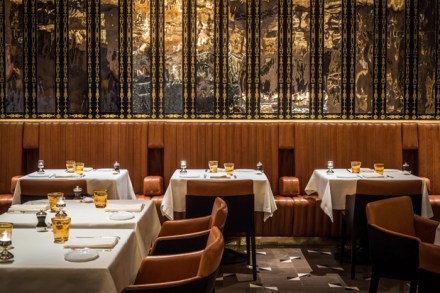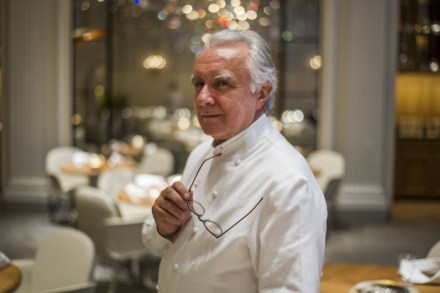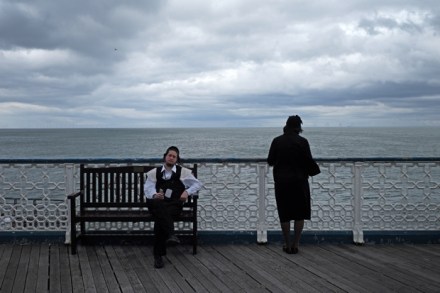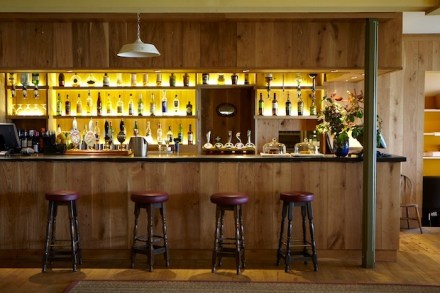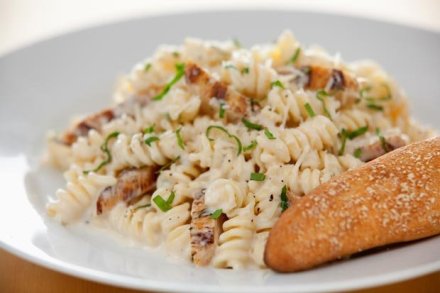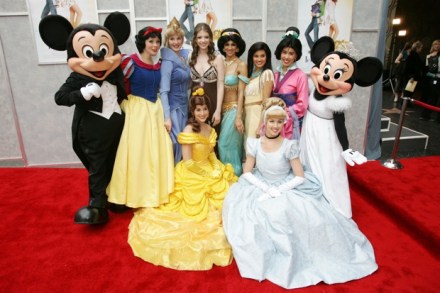Is the Dorchester the designated grand hotel for fat people? The portions at its new grill say so
The Dorchester Hotel, Park Lane, is a cake floating in space. All grand hotels create a parallel universe in which their guests are returned to some great gilded and unnatural womb with mini-bar and floristry, but the Dorchester feels particularly remote; has it overplayed its myth? Or is it a combination of the traffic (Park Lane has eight traffic lanes, three roundabouts, one set of unicorn-themed gates and a monument to the dead animals of war), the net curtains (the decorative equivalent of blindness) and the strange completeness of the building? What does the Dorchester, with its curved beige frontage and yellow awnings, actually look like? Bournemouth. Or any retirement
